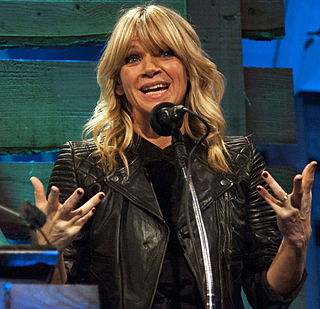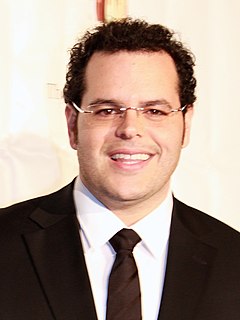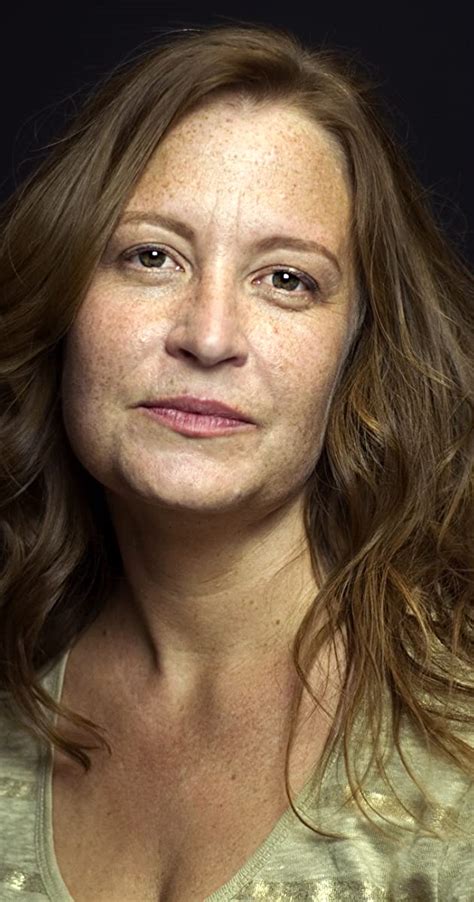A Quote by Zoe Ball
I think something that's really important to share, having spoken now to lots of people who work within mental health support networks or people trying to make a difference, is that there is hope. There is help available.
Related Quotes
One of the issues I think is very important, in many communities of color, there's a stigma about mental health. We find that the shaming that comes from acknowledging that one may have some issues that may relate to mental health, often people are not willing to go and seek additional help because of that shaming or that cultural stigma that's associated with it. And I think that we need to make this change in how people approach mental health.
People talk about physical fitness, but mental health is equally important. I see people suffering, and their families feel a sense of shame about it, which doesn't help. One needs support and understanding. I am now working on an initiative to create awareness about anxiety and depression and help people.
I think “The Book of Mormon” has made that difference in its field. It changed the game. It’s something that 20 years from now people will still be talking about, hopefully. That’s my goal as an artist, as a creator, as a work for hire, is to choose projects that make people think, make people talk, and make people interested in having a dialogue.
I think there's confusion around what the point of social networks is. A lot of different companies characterized as social networks have different goals - some serve the function of business networking, some are media portals. What we're trying to do is just make it really efficient for people to communicate, get information and share information.
People just want to see something happen that is positive for them in their lives. If you're struggling to pay your student-loan debts, or if you've got a kid trying to go to college and don't think you're going to be able to afford it, it really matters whether you get help or not. If you don't have health care or you have insurance but the insurance company won't pay for what your doctor says you need, then what's the point of people arguing in Washington? Why don't you give me some help to fix this problem? I will work with anybody if I think we can actually produce results for people.
One of the things we need to do is address mental health care as an integral part of primary care. People often aren't able to navigate a separate system, so you see successful models where a primary care physician is able to identify, diagnose, and concurrently help people get mental health treatment who have mental health issues.
Find something you love and commit. Commit 100%. Put your head down, and work as hard as you can. Make it as best you can, and that's all you can really do. It doesn't sound like much, but lots of people don't do the work. And it's not men or women. Lots of people like to be the director, but don't like to do a lot of the work that is sometimes quite tedious.
Obviously, psychologically, it would make all the difference in the world. But I think it would also make a big difference financially. If people understood, that, "Y'know, having all those things, that I was told I was supposed to have, to be successful, really is not a measure of success, and I can't have them anyway -" Yeah, that would make a big difference. It would've made a big difference, I think, in my life.































